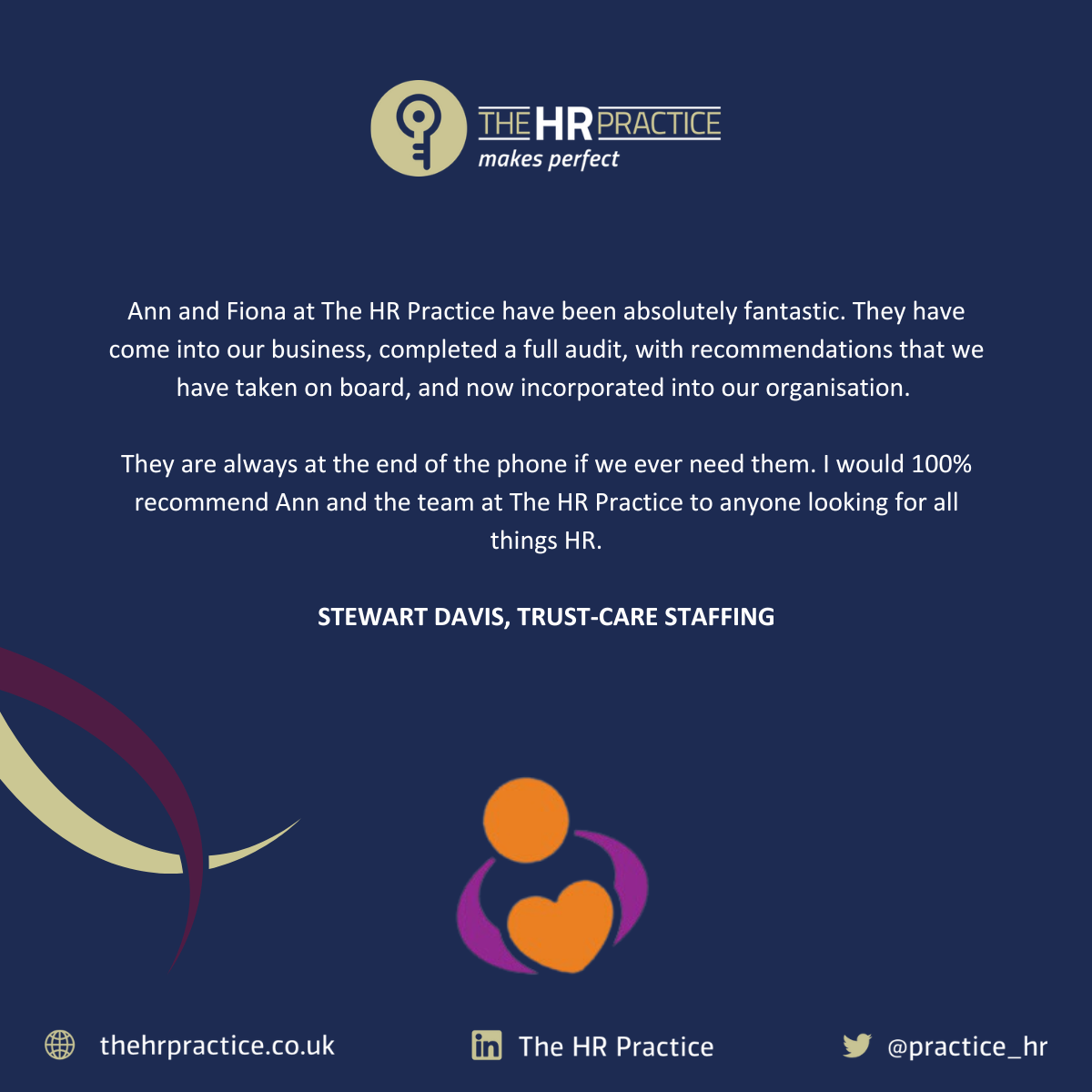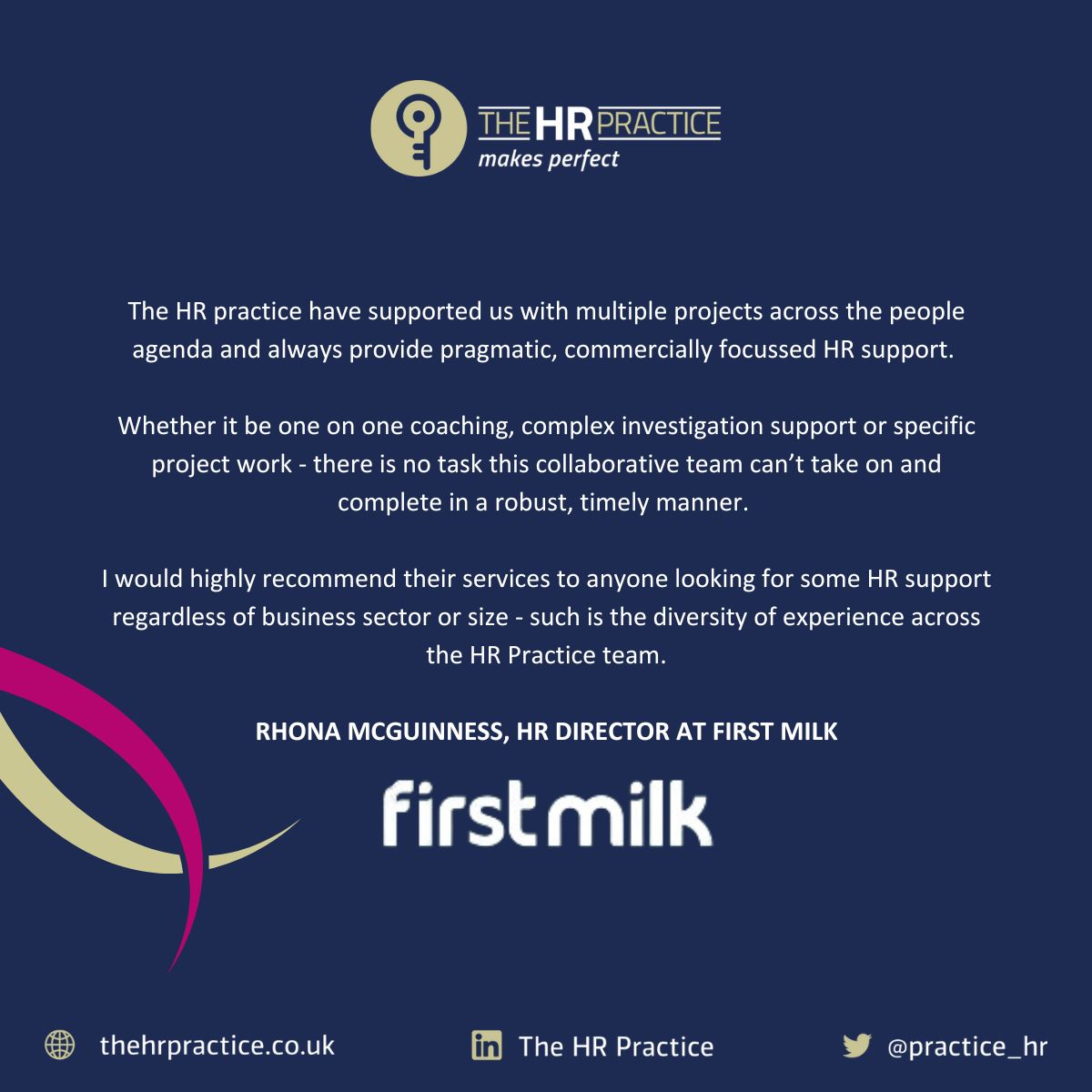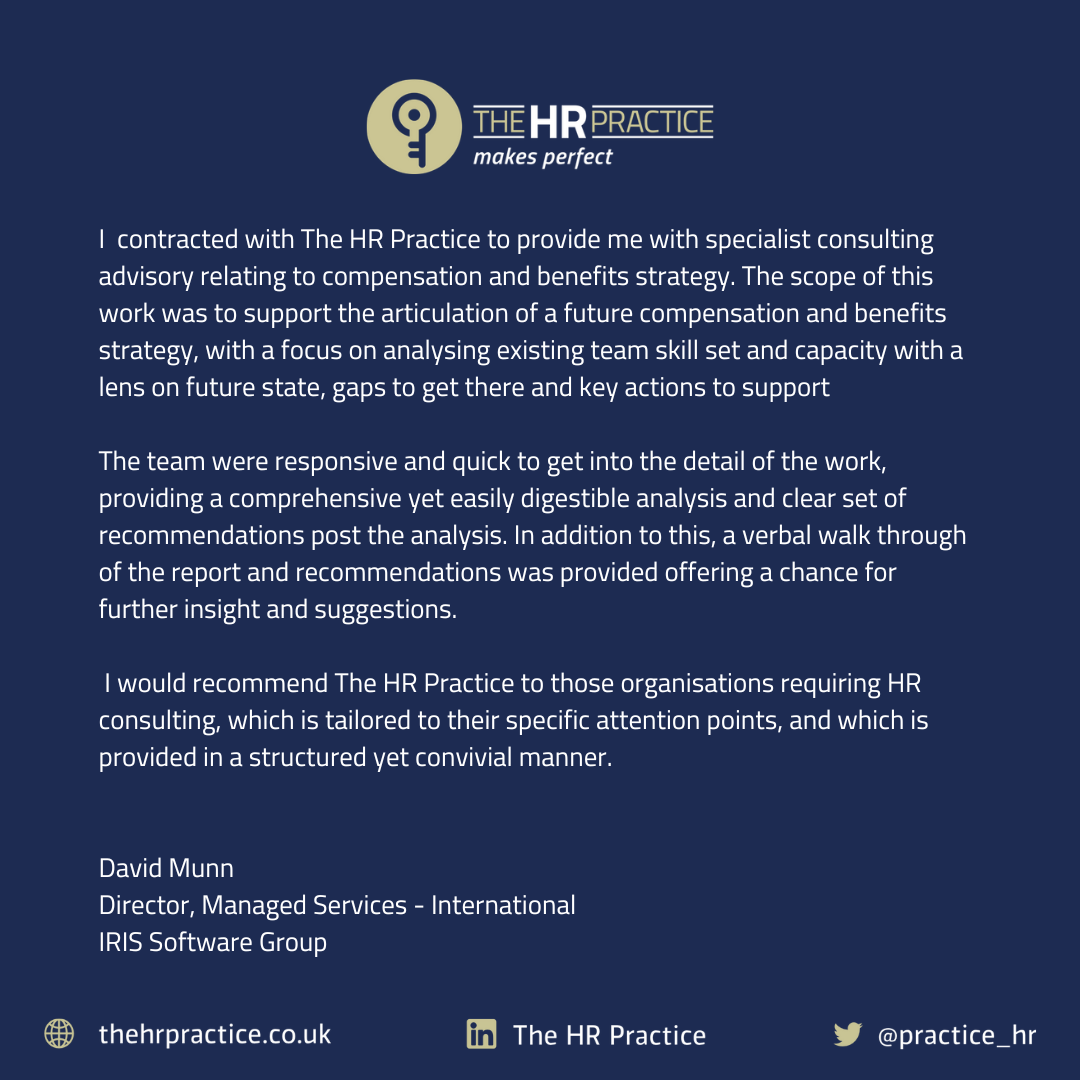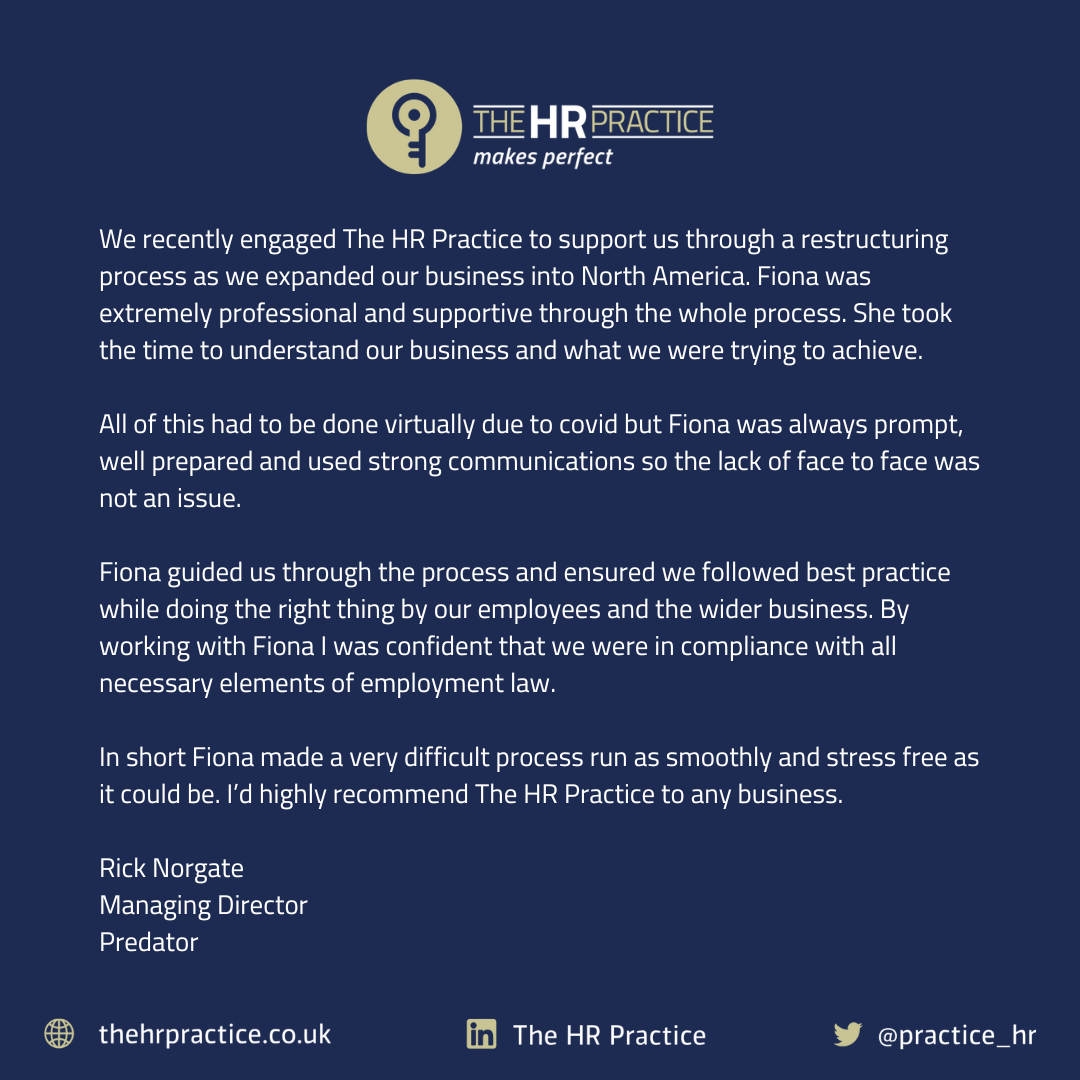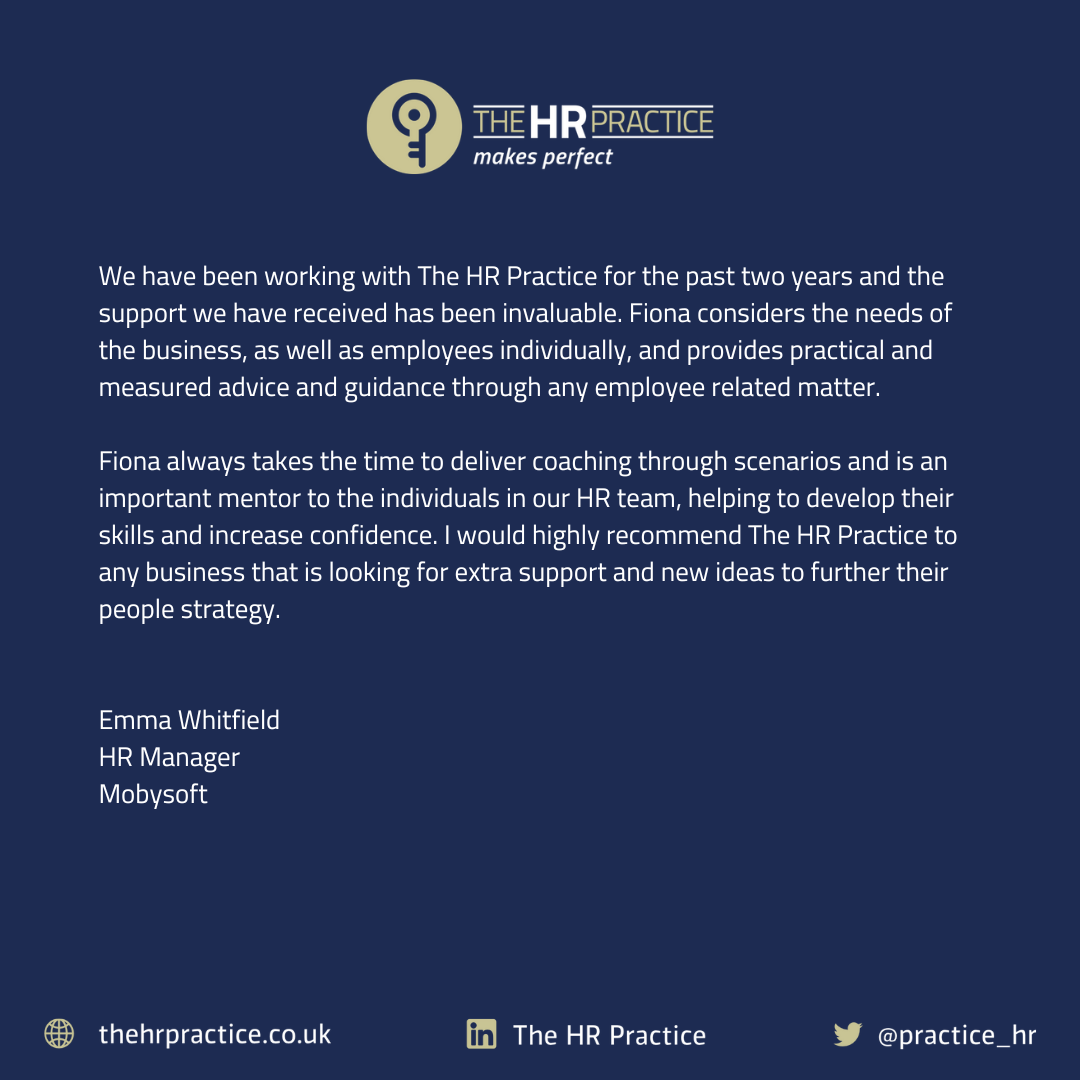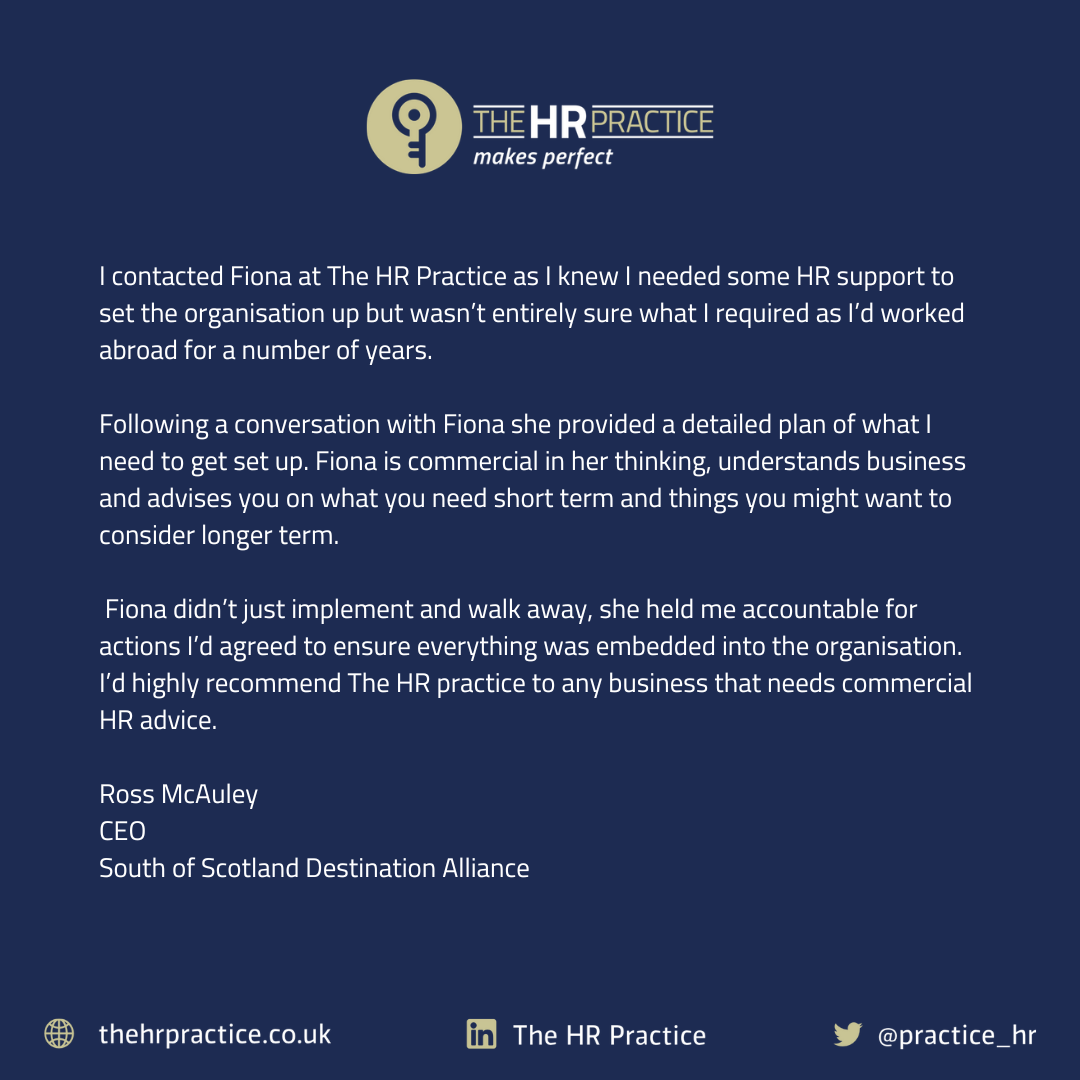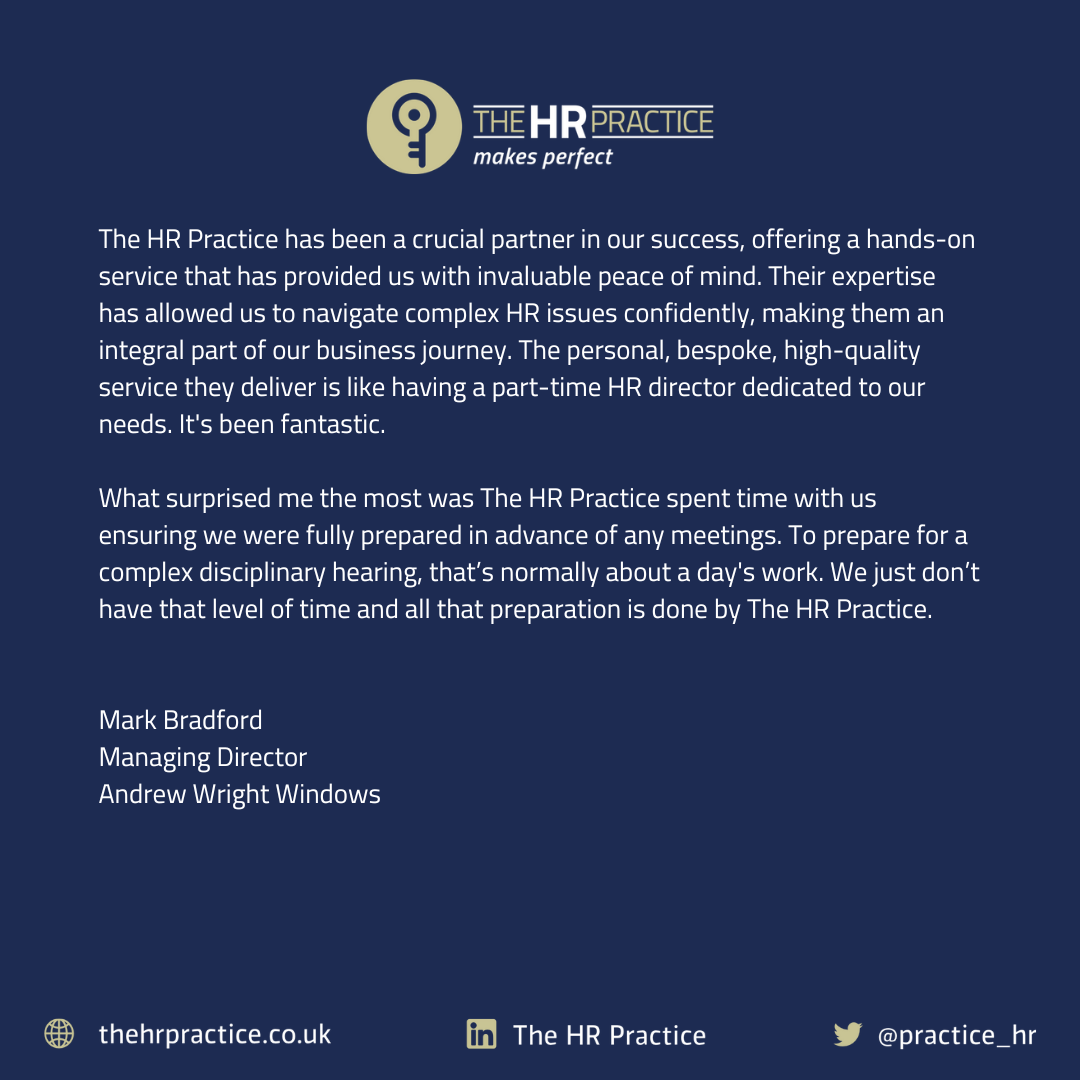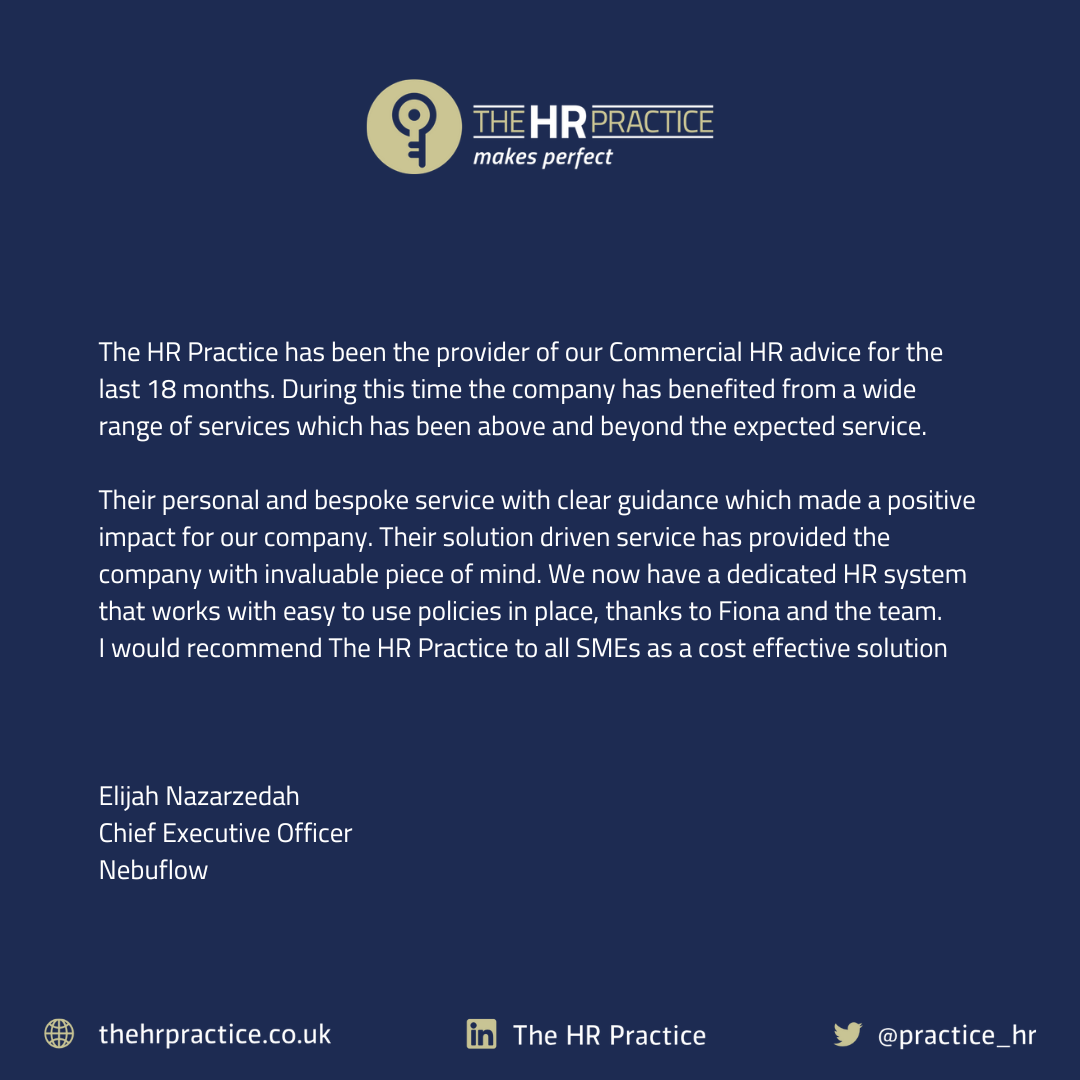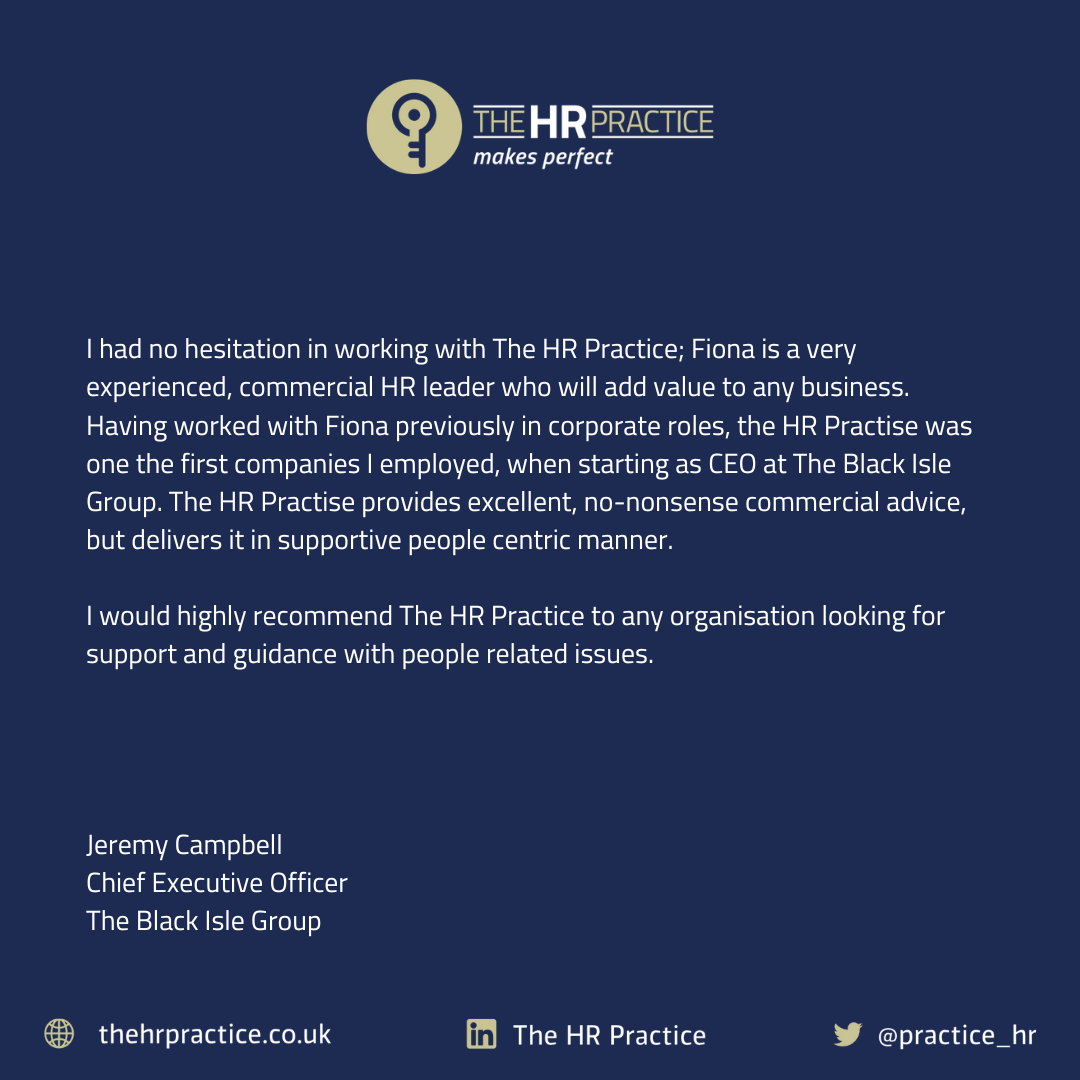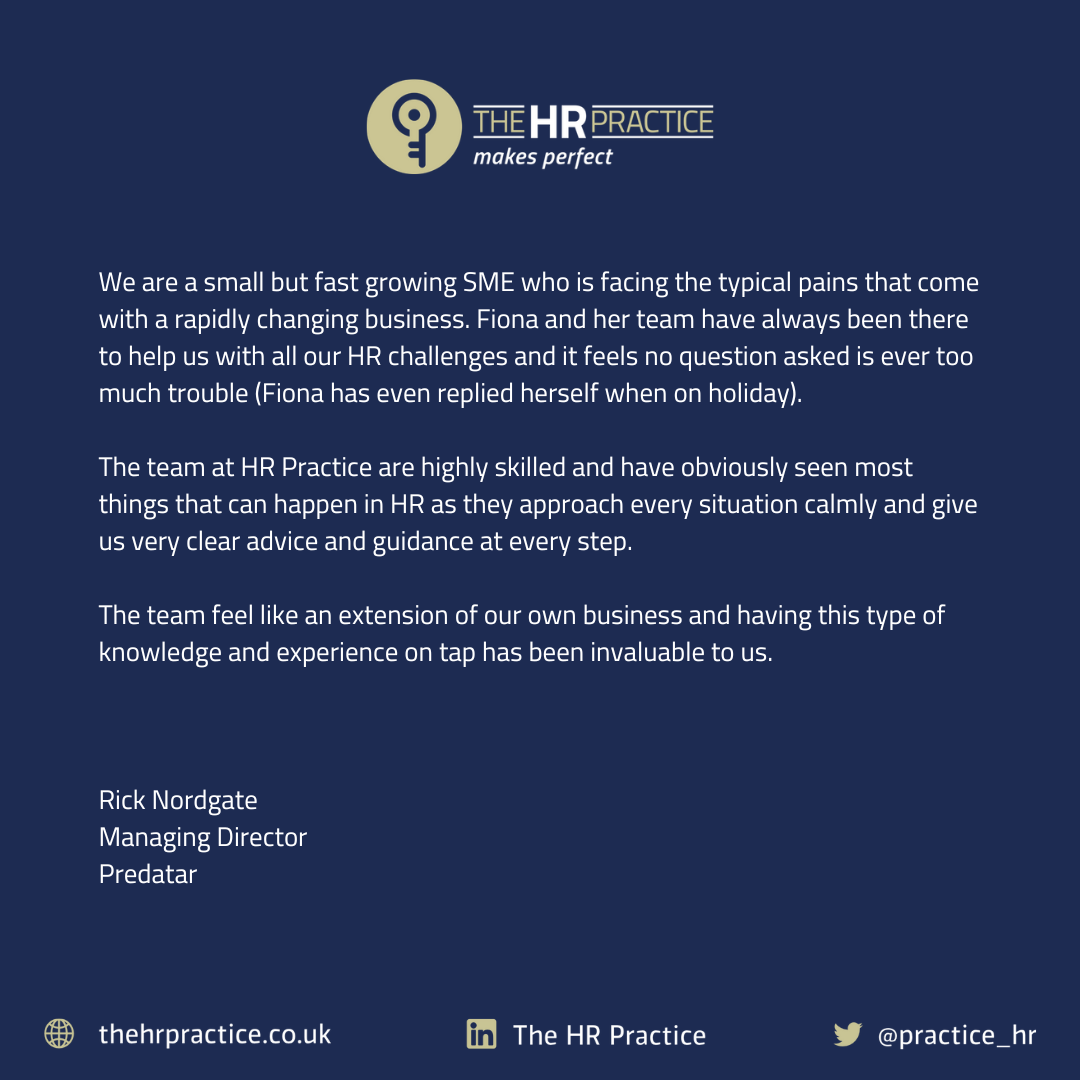Being a parent is tough. It requires a great deal of sacrifice and compromise. Your spare time will be dedicated to caring for your children, and much of the rest spent working to feed the extra mouths. Work/life balance is important, but it can be difficult to maintain when you’re raising children.
Often, we find it’s women who get more leeway when it comes to arranging their work schedule around their children. It’s not quite the same for men, and we see fathers pigeonholed by age-old gender stereotypes which stipulate that the man should be the breadwinner while the woman takes care of the children. Is this really how things should be in our modern world? Does it leave dads struggling with work/life balance? Let’s find out.
Why is Work/Life Balance Important?
Work/life balance is all about prioritising what’s important. Your job shouldn’t interfere with your other commitments, and your personal life shouldn’t spill over into your professional life.
This is easier said than done. It can be all too easy to take your work home with you after a busy day or to go into work tired after a late night out. However, it’s important to establish a distinction between your personal and professional life, it can help prevent you from feeling overwhelmed and overworked.
Burnout is a serious issue that can be caused by long-term stress. It commonly occurs among people who have a poor work/life balance, and it can have long-lasting, damaging effects. With a YouGov study revealing that over half of UK residents report feeling stressed at work, it’s unsurprising that burnout is a serious problem among today’s workforce.
It's clear to see that work/life balance is important, but unfortunately, many people still feel overworked and that they don’t have enough personal time. Dads, in particular, often suffer in silence as a result of an inadequate work/life balance. Why is this?
Dads Are Taking More Responsibility for Childcare
Traditional gender roles involved men going to work and women staying home to look after the children and take care of the house. Today, these are harmful, outdated stereotypes and do not represent the typical modern family.
Couples today take more of a collaborative approach to raising children. Data from the Office for National Statistics (ONS) revealed that, throughout the pandemic, the amount of unpaid childcare carried out by men and women was nearly equal.
Since then, the scales have tipped back towards women, who are now doing more unpaid childcare. However, men are still doing more than in the past, which coupled with the fact that men spend, on average, more time at work, means there is often more work/life balance-related risk for fathers.
In addition, ONS research has shown that 33.3% of women have special arrangements with their work in place when it comes to childcare, while only 23.6% of men can say the same. This only makes things tougher for dads who are attempting to juggle their professional duties and their parental responsibilities.
As a business owner, the health and well-being of your staff should be your top priority. A happy and healthy workforce is a productive workforce, you’re going to struggle to retain employees and maintain performance levels if you cannot offer a positive work/life balance.
How can you ensure the fathers in your workforce are not at risk of burnout and stress? Find out below.
How to Help Dads Manage Work/Life Balance
If you’re looking to offer more support for the dads in your workforce, speaking to a HR consultancy team should be your first port of call.
A HR team will work alongside you and your team to develop the best strategy for ensuring all employees can maintain a positive work/life balance, reducing the risk of burnout or work-related stress.
One particularly effective approach can be to offer hybrid working schemes. Allowing fathers to work at home for a set number of days per week can give them the opportunity to manage childcare more effectively.
Other ways in which you can offer greater work/life balance for dads in your team is through things like flexitime, where the start and end times of the working day can be adjusted, and compressed hours, which means employees can work longer hours for a shorter number of days.
What these approaches will do is offer your employees greater flexibility. They’ll be able to more effectively manage their time to cater to their parental responsibilities, and they will be able to take the time to care for their children without it impacting their work.
Conclusion
We still have a long way to go in ensuring everyone has a positive work/life balance, particularly for fathers. However, by speaking to a HR consultancy team, you can offer fathers in your workforce the support they need to successfully manage their roles in the workplace and as a parent.


